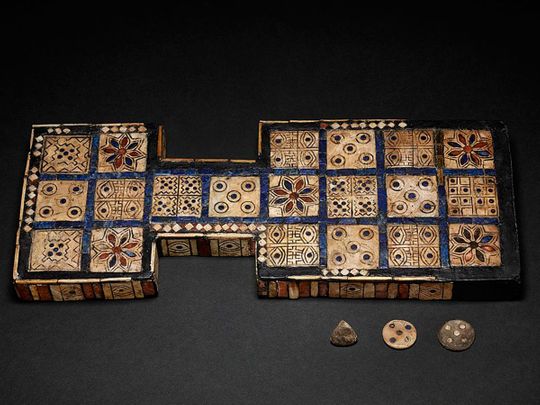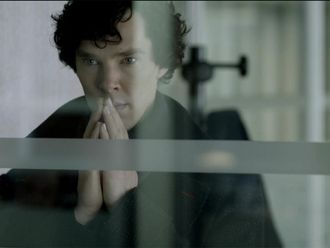
There’s something about gathering around a board game… you share in its thrills and disappointments, all the while competing, grousing and laughing with loved ones. It has an appeal that transcends place, and time.
Click start to play today’s Word Search, where you can spot different kinds of board games.
In 2012, UK-based news website called it a “golden age of board games”, stating that the recreational activity has seen a growth rate as high as 40 per cent year over year. It’s also one of fundraising platform Kickstarter’s most funded project categories. And when the COVID-19 pandemic hit in 2020, causing people to isolate at home, board games became a great way to go through a digital detox, and enjoy good, old-fashioned fun with the family.
But it’s by no means a recent invention. People have been playing board games for eons – even before humanity invented a written language.
The very first game involved dice and a series of 49 small, carved, painted stones, which were discovered at the 5,000-year-old Basur Hoyuk burial mound in southeast Turkey. Similar pieces were discovered in Iraq and Syria, indicating that board games originated in the Fertile Crescent – the regions around the Nile, Tigris and Euphrates rivers in the Middle East.
One of the most well-known ancient games from this region is the Royal Game of Ur, a two-player strategy game that was first played in ancient Mesopotamia around the third millennium BC. Similar to modern backgammon, it combines elements of strategy and luck.
The Royal Game of Ur is considered to be the longest running board game ever. Archaeologists found a set in the Egyptian pharaoh Tutankhamen’s tomb. British Museum curators have actually figured out its rules and reconstructed the board game, so you can even buy a modernised version of it at any game store!
In ancient Egypt, playing board games was a popular pastime among pharaohs. The game of Senet, for instance, has been found in First Dynasty burial sites, and features in illustrations on the tombs of various pharaohs. While we still don’t know how the game would have been played in those days, historians think the concepts of fate and luck drove the game, since they were very important to ancient Egyptians.
Which is your favourite board game and why? Play today’s Word Search and let us know at games@gulfnews.com.




